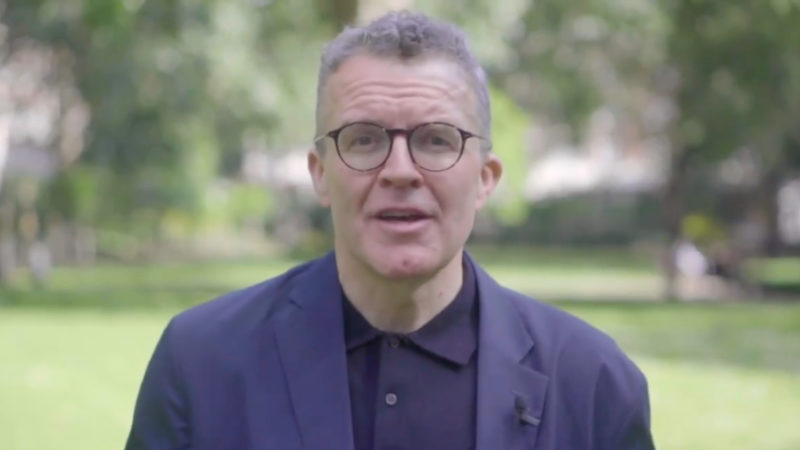
Tom Watson is set to make a dramatic intervention in a speech on Wednesday that will shake up Labour’s internal debate over its Brexit policy.
Addressing members of the creative industries at Somerset House, Labour’s deputy leader will argue that parliament should focus on securing a fresh EU referendum before giving approval to an early election.
In two Commons votes over the past week, Jeremy Corbyn has agreed with other opposition party leaders in Westminster to block the Prime Minister from holding a snap election.
But Labour is expected to back one after MPs return to parliament following its suspension – either as soon as Boris Johnson complies with the law and requests another Article 50 extension, or if he refuses to do so, at which point Corbyn would likely push for a vote of no confidence in the government.
After calling for a general election for two years, it is thought that the Labour leader would struggle to justify further votes against an early poll – particularly without the reason currently being given, which is that Johnson could change the date of the election and have it take place after no deal.
However, Watson is going to attempt to shift Labour’s top priority as he will say that an election before another referendum would be a “single issue” one and may not break the Brexit deadlock.
As former Labour leader Tony Blair advocated at the start of this month, and as MPs such as Peter Kyle have also said, Watson will make the case for resolving the Brexit question with a referendum before holding an election.
“Boris Johnson has already conceded that the Brexit crisis can only be solved by the British people,” the deputy leader will say. “But the only way to break the Brexit deadlock once and for all is a public vote in a referendum. A general election might well fail to solve this Brexit chaos.”
An early election before a decision on Brexit is made “might at this moment seem inevitable”, Watson will contend, “but that doesn’t make it desirable. Elections should never be single issue campaigns.”
He will add: “Very difficult though it was, I and many others respected the result of the 2016 referendum for a long time. But there eventually comes a point – and we are very far past it now, well into the fourth year since the referendum – when circumstances are so changed.
“When so much new information has emerged that we didn’t have in 2016, when so many people feel differently to how they felt then, that you have to say, no, that years-old plebiscite is no longer a valid basis on which to take such a momentous decision about the future of the United Kingdom.”
It is not clear how Watson expects parliament as it is currently constituted to make a definite decision on Brexit, when the set of MPs currently sitting have only shown an ability to delay and block various routes – from leaving with Theresa May’s deal to exiting without a deal.
Labour’s deputy leader also wants the party to take a definite position on whether it would back Remain or the “credible Leave option” in the public vote that it has committed to hold if put in government at the next election.
Affiliated trade unions are understood to want Labour to leave its position in such a referendum ambiguous for now, and have it dependent on the negotiated deal. This was set out as ‘Scenario 2‘ in July and constitutes current Labour policy.
Watson disagrees with the non-committal route, and is expected to say: “Labour will decide its position at the Clause V manifesto meeting, but I will be arguing that our position going into that election should be totally clear – we must unambiguously and unequivocally back Remain.”
Labour MPs are divided over what to do next on Brexit. While many are strongly in favour of a new referendum, there are also MPs – largely those representing Leave seats in the Midlands and North of England – who are opposed.
Caroline Flint, Stephen Kinnock and others launched a cross-party parliamentary group on Tuesday, called ‘MPs For A Deal’, aiming to bring back Theresa May’s final offer of the Withdrawal Agreement Bill.
Joined by non-Labour representatives including Rory Stewart and Norman Lamb, ‘MPs For A Deal’ argue that the ‘WAB’, which MPs never got the chance to vote on, secured some of the concessions Labour had been campaigning for until recently and could gain a Commons majority.
Labour’s Brexit policy came under renewed scrutiny last week when Emily Thornberry explained it on BBC Question Time. The process of renegotiating the deal then putting it to a public vote during which Labour would campaign for Remain was deemed too complex or unworkable by critics.




More from LabourList
Government abandons plans to delay 30 local elections in England
‘The cost of living crisis is still Britain’s defining political challenge’
‘Nurses are finally getting the recognition they deserve’